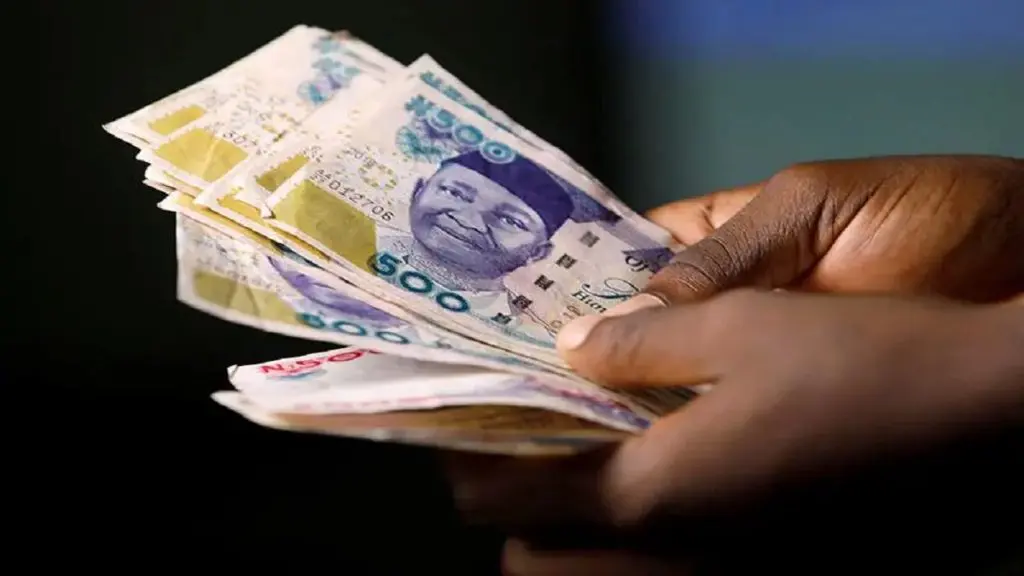The Nigerian naira weakened against the US dollar in the official foreign exchange market on Wednesday, marking its first depreciation since trading resumed earlier this week. Data released by the Central Bank of Nigeria (CBN) showed the currency slipped to ₦1,534.52 per dollar, a daily decline of ₦1.34 from Tuesday’s rate of ₦1,533.18. The drop ended a short period of relative stability for the local currency, which had held steady at the start of the week. This reversal occurred even as Nigeria’s foreign exchange reserves grew modestly, climbing to $39.27 billion on July 29 from $39.14 billion the previous day, according to the apex bank’s records.
The parallel market, often seen as a barometer of street-level currency sentiment, showed no immediate reaction to the official rate movement. The naira remained unchanged at ₦1,545 per dollar in unofficial trading, mirroring Tuesday’s closing figure. Analysts note the persistent spread between official and black-market rates reflects ongoing demand pressures and challenges in currency liquidity.
Wednesday’s depreciation underscores the fragility of recent gains in Nigeria’s foreign exchange markets, where volatility has become a recurring theme. While recent monetary policy reforms and efforts to attract foreign investment have contributed to reserve accumulation, translating these reserves into lasting currency stability remains a work in progress. Experts point to factors such as fluctuating oil revenues, foreign debt obligations, and speculative activities as continuing pressures on the naira.
Market observers are now assessing whether the dip signals a momentary correction or the start of a broader downward trend. The CBN, which has prioritized exchange-rate unification and liquidity management this year, has yet to comment on the latest developments. Economic analysts emphasize that sustained improvements in domestic production and export diversification will be critical for long-term currency stability, reducing reliance on unpredictable external revenue streams.
For now, businesses and consumers continue to navigate an unpredictable exchange landscape, with import costs, inflation, and purchasing power hanging in the balance. The coming days will test the effectiveness of recent interventions and the resilience of Nigeria’s economic recovery strategies.
